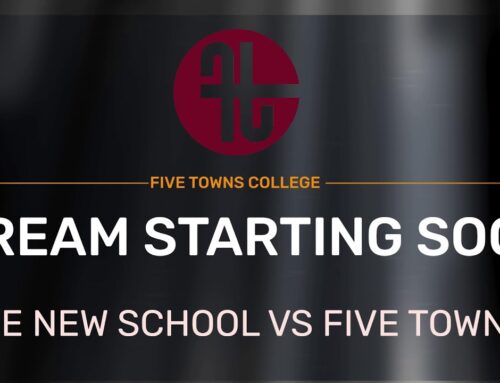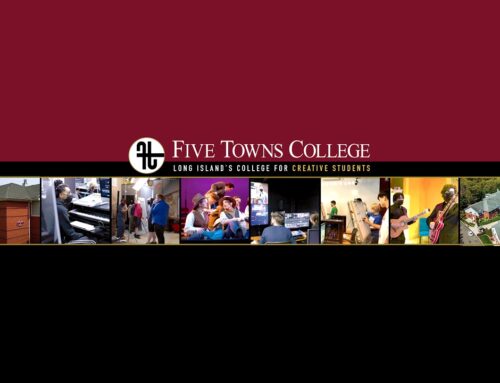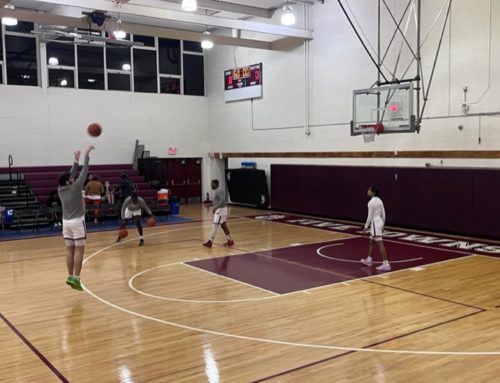
THE LATEST | CAMPUS EVENTS | NEWS | COMMENTARY | BEST OF WFTU
By Aly Ellner

If you’re a college student or freshly graduated, odds are, you’re probably struggling a bit with growing up. Is that because students are lazy or don’t want to learn? No, it’s because growing up isn’t something we were taught how to do.
Certain things we should’ve learned over the years, like not to microwave metal and how to do laundry. However, if you took a survey on how many students knew how to apply for a loan or pay taxes or even knew how to cook and sew basic things, you’re probably not going to have a high number of students who possess those skills.
If by the time students graduate high school they’re expected to be “adults,” then why aren’t they taught how to be one?
Some things come naturally, but many need time and education to be learned.
Jake Akins from successfulstudents.org says, “An education should involve learning life skills that a person will carry with them after college in order to navigate relationships and careers and be a well-rounded, successful person.”
Being well-rounded means you need to know more than the major you’re studying or the Pythagorean theorem that’s stuck in your brain forever but will probably never be needed.
Some of the skills Akins listed included, conversation, handling money, home and car repairs, credit, cooking, looking for a job and first aid, just to name a few.
Now go through that list and tell me how many things you’ve mastered, because odds are the answer is probably 0-2.
Sure, nowadays you can just google everything you need to know but doing that cancels the first thing on Atkins’ list, conversation.
Living in such a media-based world can be great, but it can also distance you from being independent, as well as building relationships.
According to a study done by ING Direct and highlighted in businessinsider.com, 87% of teens don’t know much about managing finances – but the second they graduate, are expected to find a job and start earning a living, which is another thing they’re pretty unsure about how to do.
Students can’t be told to raise their hands to go to the bathroom for 18 years of their lives, then suddenly be thrown into the real world with real responsibilities and just know what to do. It’s not practical and it’s not fair.
Yes, there are certain things that should be taught at home rather than in school, but guess what? Not everyone has the luxury or ability to be taught at home. Some parents work nights, some kids work nights, some people have extracurriculars that take away hours after school, so they’re just left with enough time to go home, do homework, eat, and sleep.
The point is, you don’t know how much students have to do after classes end, but you do know that they spend hours on end in class, so why not throw in some classes that’ll be useful in life, because the Scientific Method probably won’t teach them how to change a tire.



